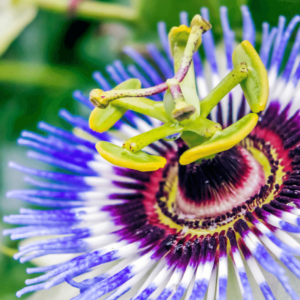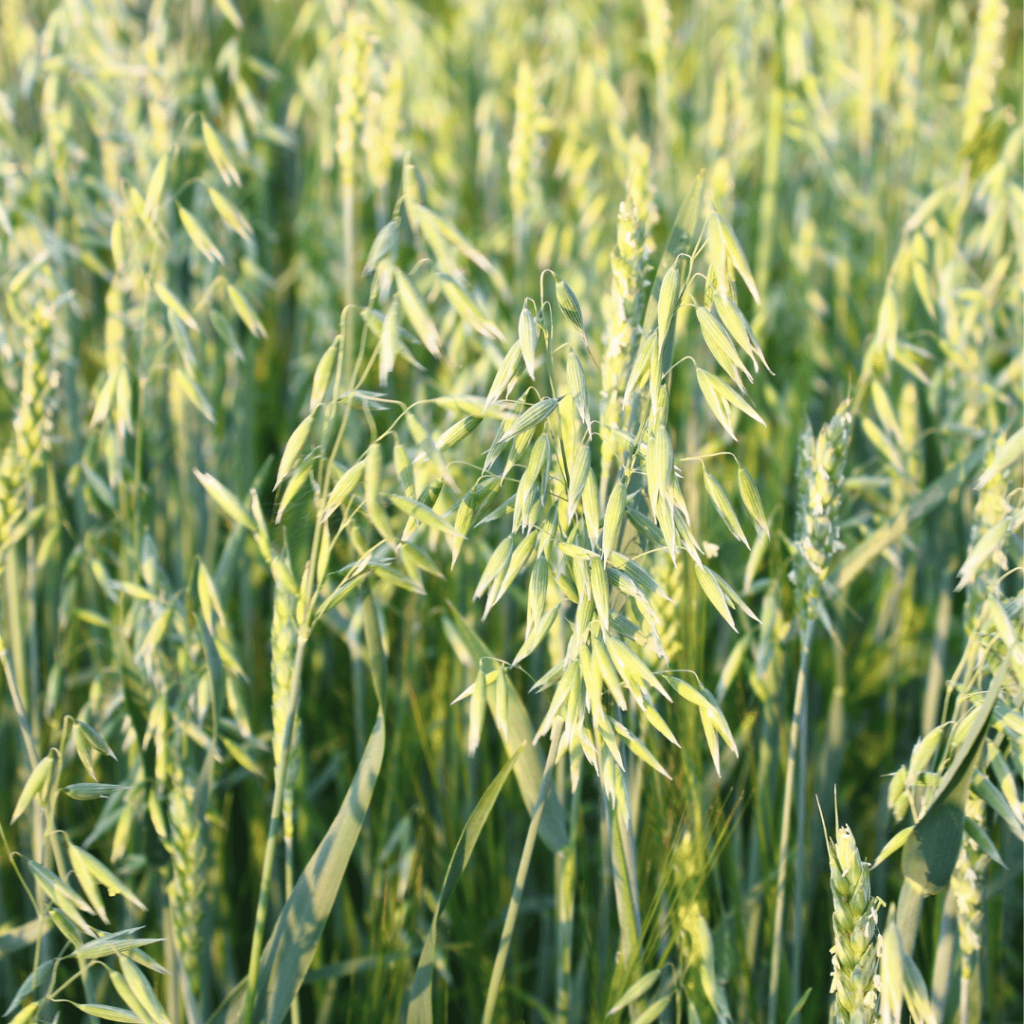- By: Becky
- June 21, 2022

8 Essential Tips for Aspiring Herbalists: A Guide to Success
Embarking on a journey as an herbalist is a rewarding and fulfilling path, but it comes with its own set

Latest News
Herbal remedies have been used for thousands of years throughout pregnancy to gently help ease common issues and discomforts associated with childbearing and childbirth. The herbs we use in pregnancy are supportive to the mother and growing baby, generally, help nourish the body overall and can pave the way for a smooth labour with fewer medical interventions. While not every herb is appropriate for pregnancy, there are plenty of safe, gentle and effective options for use both acutely, to provide relief, and tonically to increase health and provide support.
 This perennial herb native to South Asia is one of the best anti-emetics to allay nausea and vomiting in pregnancy as well as other digestive discomforts. Ginger’s stimulating properties gently warm the stomach, increasing digestive fire to help ease nausea and unsettled stomachs. Used fresh it also has excellent antiviral properties, making it a great choice to nip colds and coughs in the bud when conventional remedies may be contraindicated during pregnancy.
This perennial herb native to South Asia is one of the best anti-emetics to allay nausea and vomiting in pregnancy as well as other digestive discomforts. Ginger’s stimulating properties gently warm the stomach, increasing digestive fire to help ease nausea and unsettled stomachs. Used fresh it also has excellent antiviral properties, making it a great choice to nip colds and coughs in the bud when conventional remedies may be contraindicated during pregnancy.
Ginger can be taken in many forms including tea, tincture, crystallized or candied, and as homemade ginger ale and is widely available at grocery stores. Ginger is recommended for the first trimester onwards for acute needs such as nausea, digestive upset, colds and flu. Safety note: ginger may interact with blood thinners such as warfarin.
 Raspberry leaf is a well-known pregnancy tonic that is highly nutritive as well as supportive to the reproductive system. Its astringent leaves are rich in many vitamins and minerals including vitamins C, B and E and calcium, iron, phosphorus, potassium, magnesium, manganese, and zinc. The high levels of magnesium can help aid sleep and help prevent leg cramps that often occur due to mineral deficiency.
Raspberry leaf is a well-known pregnancy tonic that is highly nutritive as well as supportive to the reproductive system. Its astringent leaves are rich in many vitamins and minerals including vitamins C, B and E and calcium, iron, phosphorus, potassium, magnesium, manganese, and zinc. The high levels of magnesium can help aid sleep and help prevent leg cramps that often occur due to mineral deficiency.
Raspberry leaf is known as a partus preparator, a classification of herbs that help prepare the body for childbirth and tone and strengthen the uterus. Studies show that women who consume raspberry leaf might be less likely to receive interventions such as artificial rupture of their membranes, cesarean section, forceps or vacuum birth. It is widely available at health food stores and is easily cultivated. Post childbirth, raspberry leaf helps to expel the placenta and prevent hemorrhaging as well as assisting in restoring the tone and elasticity of the uterus.
Raspberry leaf is recommended tonically for the second trimester through to postpartum and can be taken as a tea or nourishing herbal infusion.
 Nettles is another highly nutritive herb and contains appreciable amounts of vitamins A (carotenes), C, E and K, calcium, chromium, magnesium, manganese, phosphorus, potassium, silica, iron, and zinc. This nourishing powerhouse, when taken on a regular basis, can help prevent iron-deficiency anemia as well as replenish depleted iron stores postpartum, helping to boost energy and overall vitality. Consuming nettles as food or in nourishing herbal infusions are an excellent way to increase mineral and vitamin consumption during pregnancy.
Nettles is another highly nutritive herb and contains appreciable amounts of vitamins A (carotenes), C, E and K, calcium, chromium, magnesium, manganese, phosphorus, potassium, silica, iron, and zinc. This nourishing powerhouse, when taken on a regular basis, can help prevent iron-deficiency anemia as well as replenish depleted iron stores postpartum, helping to boost energy and overall vitality. Consuming nettles as food or in nourishing herbal infusions are an excellent way to increase mineral and vitamin consumption during pregnancy.
Nettles are also a galactagogue, and when used postpartum can help improve the quality and quantity of breastmilk. Nettles are recommended tonically from the second trimester through to postpartum as tea or a nourishing herbal infusion.
 Chamomile is a gentle and versatile herb that can be helpful throughout pregnancy and the postpartum period. Its calming carminative and antispasmodic actions can help provide relief for nausea and vomiting in pregnancy as well as ease digestive discomforts such as gas and bloating. Chamomile can also be used to ease anxiety and help relax the body and mind in preparation for a good night’s sleep. Chamomile can be used safely as needed throughout pregnancy and postpartum.
Chamomile is a gentle and versatile herb that can be helpful throughout pregnancy and the postpartum period. Its calming carminative and antispasmodic actions can help provide relief for nausea and vomiting in pregnancy as well as ease digestive discomforts such as gas and bloating. Chamomile can also be used to ease anxiety and help relax the body and mind in preparation for a good night’s sleep. Chamomile can be used safely as needed throughout pregnancy and postpartum.
Chamomile is widely available in tea form in both grocery and health food stores. Safety note: taking chamomile at the same time as iron supplements may reduce iron absorption and folks who have allergies to other members of the Asteraceae (Daisy family) may want to exercise caution.
 Passionflower is a safe and effective remedy that supports the nervous system, providing excellent support for anxiety. It can help balance the strong emotional swings that can occur due to the hormone shifts in pregnancy. Passionflower also provides relief from pregnancy insomnia which is common in the third trimester of pregnancy, helping to improve the quality of sleep. It is especially helpful for those with active minds that find it difficult to turn off their thoughts in order to drift into a restful sleep. Passionflower can be used when needed safely throughout pregnancy and postpartum.
Passionflower is a safe and effective remedy that supports the nervous system, providing excellent support for anxiety. It can help balance the strong emotional swings that can occur due to the hormone shifts in pregnancy. Passionflower also provides relief from pregnancy insomnia which is common in the third trimester of pregnancy, helping to improve the quality of sleep. It is especially helpful for those with active minds that find it difficult to turn off their thoughts in order to drift into a restful sleep. Passionflower can be used when needed safely throughout pregnancy and postpartum.
Safety note: there are many species of passionflower, however only Passiflora incarnata is used medicinally in this case and other species may not be safe during pregnancy and lactation.
The Herbal Pregnancy and Childbirth course with Wild Rose College of Herbal Medicine follows the pregnancy journey from preconception to postpartum. We discuss safe, effective and accessible herbal remedies for each trimester as well as herbs to support fertility and the postpartum period.
The course covers herbal safety and includes a comprehensive resource for herbs and herbal actions not suitable for use in pregnancy and lactation. A bonus lesson covering common newborn issues and herbal remedies to provide relief is also included. Find out more here.

Embarking on a journey as an herbalist is a rewarding and fulfilling path, but it comes with its own set

Unlocking Vitality: A Holistic Approach to a Spring Cleanse – is your guide to a holistic spring cleansing, inspired by

Milky Oats: The Best Herb for Self Care In our fast-paced world, self-care is essential for maintaining balance, resilience, and